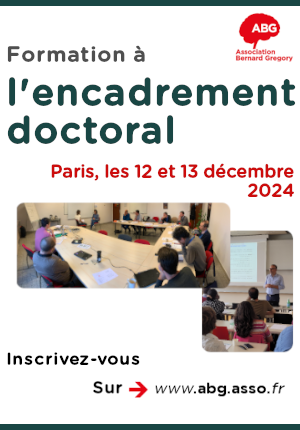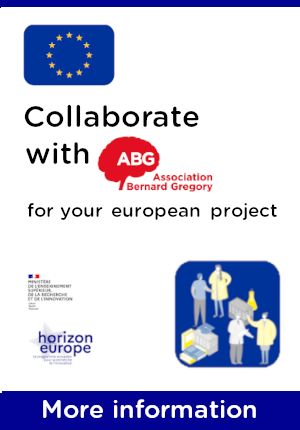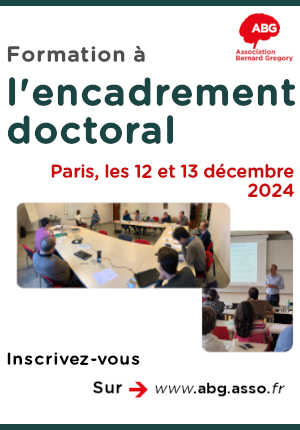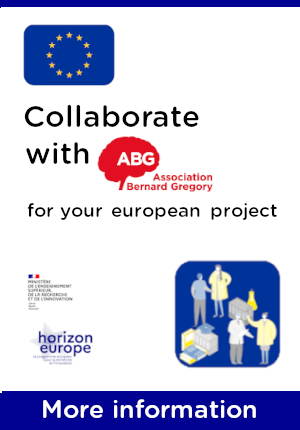CIFRE - Towards support for production scheduling decisions in facing hazards through a mixed approach of Modeling Simulation and Artificial Intelligence
| ABG-126293 | Thesis topic | |
| 2024-10-15 | Cifre |
- Engineering sciences
- Digital
Topic description
Context
Airbus Helicopters, a world leader in the design and manufacture of helicopters, is faced with complex production scheduling issues in its workshop manufacturing high-precision metal parts. This workshop manages the production of approximately 350 references spread over 20 families of parts and 4 types of materials, which requires more than 300 separate workstations, ranging from machining machines (turning, milling, grinding) to treatment processes thermochemical, going through quality controls and surface. The variability of parts to be produced, very different cycle times (from 3 to 18 months), and non-linear production flows make scheduling very complex. This complexity is amplified by numerous production hazards or unforeseeable events (breakdowns, non-conformities, absences, etc.), which require daily decision-making on production priorities and adaptation of the schedule. However, these decisions are currently little assisted by digital tools. The long-term consequences of these hazards are often difficult to anticipate, and changes in priorities can have significant cross-impacts on the entire production flow.
Airbus Helicopters is currently working to reduce these hazards as part of a large-scale industrial transformation, involving the modernization of equipment, the standardization of processes and better management of the production environment. At the same time, digital approaches are being explored to improve scheduling: on the one hand, digital modeling of the workshop to simulate production flows in the face of hazards; on the other hand, the use of artificial intelligence (AI) and machine learning to predict disruptions and propose corrective actions. The overall objective is to increase the resilience and responsiveness of the industrial model to improve operational performance.
The LISPEN research laboratory (Physical and Digital Systems Engineering Laboratory), member of the Carnot ARTS Institute, is strongly involved in research on production systems, with a particular interest in the issues of simulation, optimization, and decision support in the industry of the future. The work of this PhD falls directly into the theme “Industrial transformation and decision support” and is a continuation of several other theses, whether previous or in progress, on this same subject.
Goals
The main objective of this PhD is to develop a scheduling decision support tool based on a hybrid approach combining digital modeling-simulation and artificial intelligence (AI). This approach will:
● Model production flows to anticipate hazards.
● Integrate and analyze production data to prescribe scenarios alternative scheduling methods.
● Adapt the system autonomously continuously to increase resilience and performance of operations.
Subject
The PhD focuses on the development of a hybrid approach combining modelling-simulation and machine learning to support scheduling decision-making on the shop floor. Faced with the complexity of production flows and frequent hazards, this approach will aim to provide reactive and optimized scheduling recommendations.
Development of the digital model: A simulation model will be developed to reproduce production flows, taking into account the different scheduling strategies and critical parameters such as machine capacities, cycle times, and potential hazards (breakdowns, variations flow). This model will serve as a basis for experimentation and analysis of the consequences of hazards on the production chain. It will also be a matter of verifying the accuracy of the simulations using real data collected in the workshop, making it possible to adjust the model to best reflect industrial reality.
Modeling of hazards by machine learning: Machine learning algorithms will be developed to model production hazards and their impact on key performance indicators (lead time, on-time delivery rate, equipment efficiency). The tool must be able to continuously adapt its forecasts to effectively generalize to new scenarios and new data, while avoiding overlearning. One of the major scientific challenges will be to guarantee the interpretability of the results in order to avoid the "black box" effect and to ensure adoption by end users.
Coupling of the digital model and real-time data: Particular attention will be paid to the integration of the simulation model with the data collected in real time from the workshop. This coupling will make it possible to generate viable action scenarios, updated quickly when new hazards appear. Synchronization of current workshop parameters with simulations must be ensured to reflect the impacts of hazards in real time, which requires the development of a robust data management system and an architecture allowing the simultaneous operation of offline and online.
Scientific challenges
Several challenges will need to be addressed, including:
● Real-time data integration: Ensure effective synchronization between the digital model and the physical system.
● Making predictive models more reliable: Develop robust models to anticipate hazards, including in the face of unprecedented situations.
● Adaptability of models: Guarantee that models adjust to rapid changes in the production system.
● Management of “what-if” scenarios: Develop an exhaustive corpus of scenarios to test the different scheduling strategies.
● Recommendations management: Define the best time and way to implement corrective actions.
The purpose of this PhD will be the design of a decision support system integrating the advantages of an offline digital twin for the simulation of complex scenarios, and an online digital twin for updating and reacting in real time in the face of hazards.
Methodology
The PhD will adopt a Design Research (DRM) approach, structured in several phases ranging from the identification of industrial issues to the design, experimentation, and validation of the solutions developed. The research methodology will focus on the collection of representative data, the development and validation of scheduling tools, then their reliability through user testing. “What-if” scenarios will be used to evaluate the recommendations provided by the tool, and comparative studies will be conducted to optimize the operation of the hybrid model.
Funding category
Funding further details
Presentation of host institution and host laboratory
www.artsetmetiers.fr
www.ic-arts.eu
https://lispen.ensam.eu/
https://scholar.google.fr/citations?user=qZ6InYkAAAAJ&hl=fr
https://www.researchgate.net/profile/Philippe_Veron
Website :
PhD title
Country where you obtained your PhD
Institution awarding doctoral degree
Graduate school
Candidate's profile
APPLICANT PROFILE
PLEASE NOTE: only applications from nationals of the Euro zone will be considered.
The applicant must have a Master 2 or an engineering degree in industrial or mechanical engineering. Knowledge of industrialization, production systems, AI, digital simulation and manufacturing processes are essential.
Knowledge of AnyLogic software will be appreciated.
Oral and written English and French are required.
Vous avez déjà un compte ?
Nouvel utilisateur ?
Get ABG’s monthly newsletters including news, job offers, grants & fellowships and a selection of relevant events…
Discover our members
 SUEZ
SUEZ  TotalEnergies
TotalEnergies  Groupe AFNOR - Association française de normalisation
Groupe AFNOR - Association française de normalisation  Généthon
Généthon  Ifremer
Ifremer  MabDesign
MabDesign  Aérocentre, Pôle d'excellence régional
Aérocentre, Pôle d'excellence régional  MabDesign
MabDesign  Nokia Bell Labs France
Nokia Bell Labs France  CESI
CESI  Laboratoire National de Métrologie et d'Essais - LNE
Laboratoire National de Métrologie et d'Essais - LNE  ADEME
ADEME  PhDOOC
PhDOOC  ANRT
ANRT  CASDEN
CASDEN  ONERA - The French Aerospace Lab
ONERA - The French Aerospace Lab  Institut Sup'biotech de Paris
Institut Sup'biotech de Paris  Institut de Radioprotection et de Sureté Nucléaire - IRSN - Siège
Institut de Radioprotection et de Sureté Nucléaire - IRSN - Siège  Tecknowmetrix
Tecknowmetrix
-
Thesis topicRef. ABG125925Université de sherbrooke, Laboratory of Terrestrial BiogeochemistrySherbrooke - Canada
Ph.D. position in Biogeochemistry, Environmental sciences, environmental Chemistry, Ecology, Microbiology.
Ecology, environment - Biology -
JobPermanentRef. ABG125911LVMH Gaïa- Ile-de-France - France
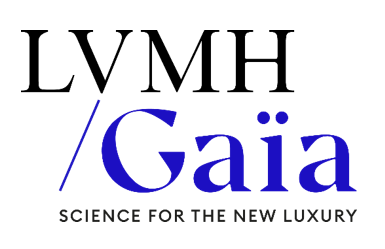
Ingénieur Recherche Nouvelles matières maroquinières (F/H)
Materials scienceJunior -
JobPermanentRef. ABG126093Terakalis- Occitanie - France
Chef de projet Applications CND Terahertz
Physics - Materials science - Engineering sciencesJunior

